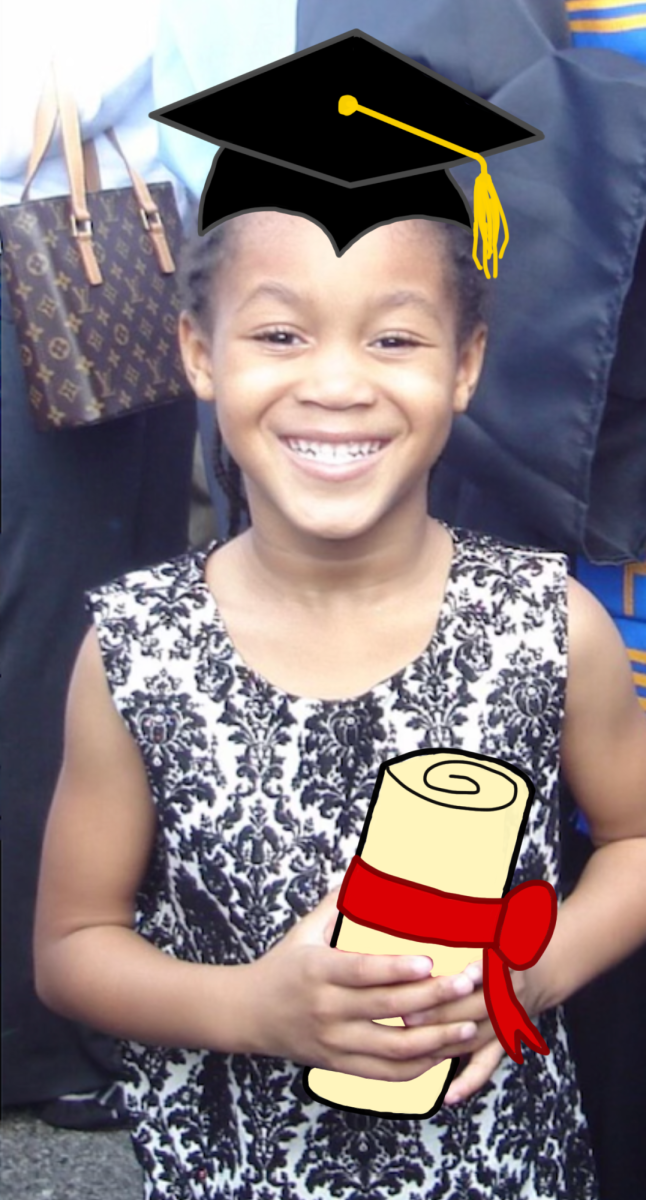I spend most of my Friday nights quietly typing on my laptop. My housemates, upon finding me in my room, used to exhort me to get out more. I would decline, and eventually their efforts stopped, much to my relief. I like people: My relationships with my family and friends are the most meaningful things in my life. At the end of the week, though, I just want some quiet hours to write. So, every weekend, I was confronted with faces ranging from the wry to the confused to the concerned before I was finally left alone.
At some point, I began to wonder if something was wrong with me. Looking through my Internet history in November, I find Google searches from, “Is it normal to not enjoy socializing?” to a Myers-Briggs personality test (INFJs represent!) to, “Who is an introvert and why?” I finally landed on Susan Cain’s book, Quiet: The Power of Introverts in a World That Can’t Stop Talking.
Cain references a study by Harvard professor Jerome Kagan that categorized infants as either “high-reactive” or “low-reactive” depending on their responses to new stimuli. High-reactives struggled and yelled; low-reactives remained calm. Kagan, perhaps counterintuitively, found that high-reactive infants were more likely to become grown-up introverts. This was because of an increased sensitivity towards foreign stimulation caused by their brains’ more excitable amygdalae. The low-reactives became extroverts. Through this study, Cain begins to redefine the introvert. She moves away from the typical but incorrect “pro-social vs. anti-social” model and toward something much deeper: the difference in sensitivity to stimulation between introverts and extroverts. Through this lens, we can see more clearly how introverts approach situations, social and beyond.
Depending on whom you ask, about 25 to 50 percent of people are introverts. Considering our love of the “life of the mind” here, I wouldn’t be surprised if that figure is higher at UChicago. However, what is surprising is that the mode of learning at the heart of this school’s Core curriculum—the discussion-based class—often clashes with the way introverted students learn best.
In our classrooms, it is not enough for students to learn their material well and thoroughly. Students are also expected to present their knowledge to their classmates and teachers every class. We are part of a culture that loves the idea of students grasping the helm of their own education and of creativity blossoming from collaboration. In truth, though, the discussion-based model has many inherent flaws.
Researchers at the Texas Medical Center in Houston and Cal Tech had participants take a quiz. When the subjects were fed information about their performance relative to other participants at the same time as the quiz, they did significantly worse compared to not having this information. This was true for all participants, but those with especially active amygdalae—Kagan’s high-reactives, who later become introverts—showed much steeper drops in performance. Thinking in a group, it seems, actually hurts performance by forcing us to balance our inevitable social anxieties with what we are trying to learn.
Extroverts may be better able to accommodate these anxieties, but a famous study by psychologist Solomon Asch in the 1950s points out other dangers. Asch put subjects in groups and asked them to take a simple test where they compared the length of various lines. When Asch planted actors in the group, who confidently suggested the incorrect answers, at least 75 percent of the participants went along with the wrong answer at least once.
We are a social species with a deep-seated tendency towards conformity, but we also live in a uniquely extroverted culture, where we value the “salesmen,” the people who can sell themselves. Introverts tend not to display such glorified surety. They are more likely to observe new situations instead of jumping in. Silence, though, is often mistaken for stupidity, and introverts begin to internalize this message. I’ve talked to many introverted students who fear “wasting class time” by saying something unintelligent. In reality, their classmates’ ideas are probably no better than their own: They are simply said with less inhibition. The result is a lot of bad ideas being said and gone along with, and a lot of possibly good ideas being silenced.
Albert Einstein once said, “I am a horse for a single harness, not cut out for tandem or teamwork.” Thinking alone allows for a unique focus, unclouded by social distractions, and is actually linked to deeper thought and higher innovation. I have seen many very intelligent peers chased away from the humanities because they simply cannot thrive in discussions. And honestly, I can’t blame them.
The University needs to rethink the emphasis its courses place on participation credit, which encourages a quantity-over-quality approach to commentary. Participation should be viewed as more of an option than a requirement, and students who can express themselves better through writing should be at no disadvantage. The humanities cannot afford to continue to lose bright introverted students to the current system: We must create classroom environments in which they can thrive as well.
Eleanor Hyun is a first-year in the College majoring in English.







